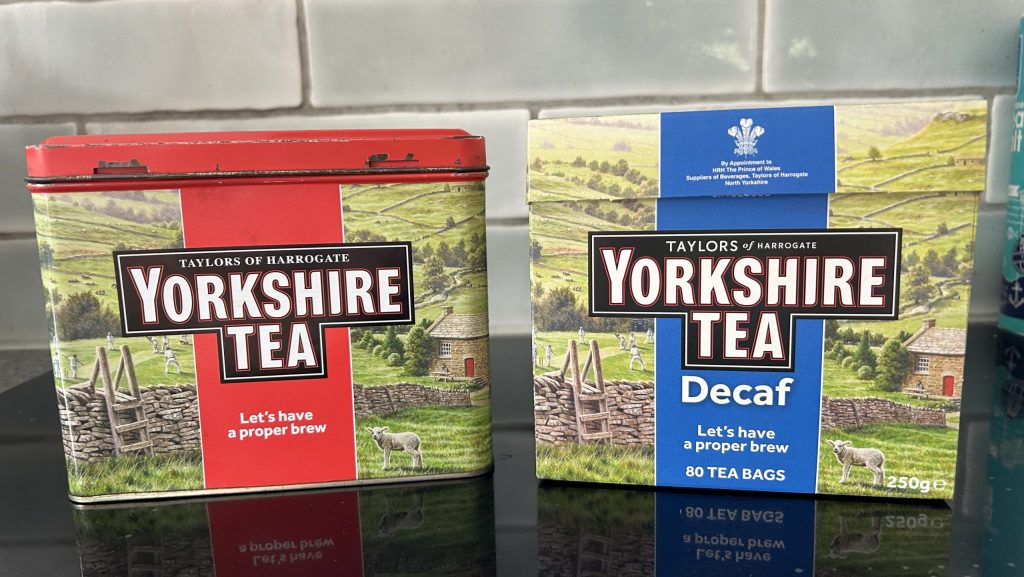
Making your own drinks like Jack
When you hold a meeting, who makes the drinks? This sounds like a trite question, but it can provide a clear guide to the culture in your team.
Does everyone always get their own tea and coffee? Does the same person always offer? Does everyone else wait for them to offer? Does someone else do it for you all? Is someone always late in to meetings, to avoid making the drinks? Does it depend who’s there or on the meeting?
In a working tribe, everyone thinks about everyone else. So everyone offers to make the drinks for everyone else.
What’s the etiquette?
If someone came to visit you at home, you’d offer them a drink. Wouldn’t you? So if it’s your meeting, shouldn’t you organise the drinks? If not, what’s the expectation? What does your work etiquette require you to do?
Maslow liked tea (probably)
In order to maximise performance, an employee’s physiological needs have to be met. Having something decent to drink is a key part of that. According to Abraham Maslow, you can’t reach psychological safety or adopt a sense of social belonging, until your physiological needs have first been met.
So organisations that fail to provide free water, tea, coffee, herbal tea and soft drinks, risk their people falling at the first performance hurdle. Adding fruit or raw vegetables as something to eat, is another level up.
Jack and Jackie
At a meeting I once attended, a senior figure came in having made their own cup of tea. Someone in the room said “Looks like a nice cup of tea Jack”. As the tea maker’s name wasn’t Jack, they responded “Why did you just call me Jack?” The answer came back “You know, Jack, as in I’m alright Jack”. The tea maker thought for a second and then offered to make tea for anyone else who wanted one. Several people took up the offer. At next meeting, someone else offered to make the drinks for everyone. Another person offered to help them. And that became the new custom.
The 1959 film “I’m alright Jack!” was a satirical comedy about the British workplace, starring Peter Sellers and Terry Thomas. In the film, doing no more than you absolutely had to was the norm. That preserved the status quo for the trades union and the owners. When a new worker joins the workforce, he starts to do the job much faster than his trades union colleagues, in order to be helpful. Annoyed at him, the trades union members send him to Coventry. Being helpful to the bosses was clearly disapproved of.
Whatever your real name is, having an “I’m alright Jack” attitude isn’t going to maximise your team’s performance. Encouraging a philosophy or everyone for themselves, doesn’t strengthen a team’s dynamic. But asking an “Are you alright for a drink Jackie?” probably will.
Make it nice tea
No everyone likes the same drinks, so choice is crucial. Quality matters too. Coffee drinkers hate rubbish coffee. Tea drinkers feel similarly. So, always have some Yorkshire Tea on offer. It clearly says you value your colleagues.